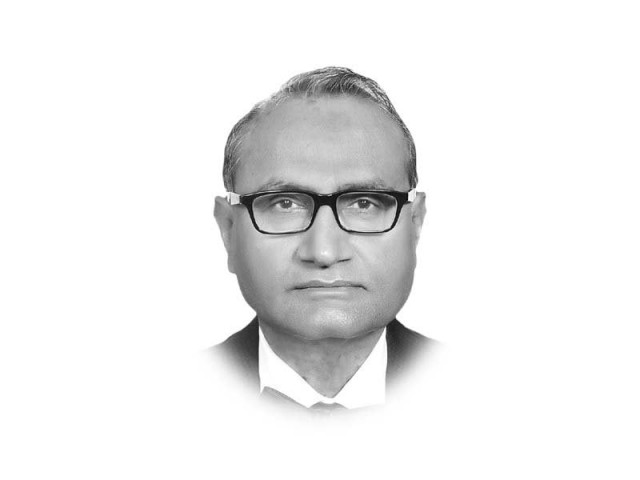Down the beaten path
Governments in Pakistan invariably inherit a mess and also leave a mess

The writer is a senior economist. He can be contacted at pervez.tahir@tribune.com.pk
This rather sour honeymoon is followed by two to three years of hide and seek with the IMF, the scapegoat for studied inaction. Exit the IMF, and the action starts to recreate a financial hot house. And the cycle moves on. There was a “change” this time. Not exactly from the old guard, the incumbent had claimed a lot more than it should have. Nay, it was a classic case of good intentions paving the way to hell. $200 billion to be recovered from the corrupt and the money launderers. A similarly fantastic sum was to come from overseas Pakistanis — in investment, remittances and donations — if only they had the right to vote, a congenial climate and, most important, an honest leader. In the last by-elections, the votes cast were less than the most pessimistic estimates. Financial inflows are not likely to follow a different path.

Things are looking up — for now. Saudi Arabia has agreed to deposit $3 billion for one year, defer oil payments of a similar amount for three years, set up an oil refinery in Gwadar and prospect minerals in Balochistan. The Prime Minister’s forthcoming visit to China is likely to deliver similar dividends. The Chinese stood by Pakistan when the economic relationship was not very strong. Now that relationship has undergone a sea-change in the form of CPEC. Pakistan has not done a good job of analysing and informing the world and its own people about the costs and benefits of the project. China has taken the lead and asked the World Bank to carry out a detailed study. The Chinese know that Pakistan would still have to go to the IMF. A study by the Bretton Woods sister would provide comfort in the negotiations. Needless to say, inflows from Saudi Arabia, China and the UAE will also improve the negotiating position. Going by the past experience, accounting for the oil facility may be a sticking point. However, what is important now is the programme, not its size, as a certification to access other multilaterals and the market. The Americans are already back to the “do more” mantra from the Trumpnology of “no dollars to repay the Chinese debt.”
Will it be just one last time, as the PTI’s top leadership keeps asserting? Failures in the past are attributable to a lukewarm approach to reforming the structure of the economy. Tax reform, regulatory competence, energy rationalisation, restructuring of public enterprise, State Bank autonomy, and good economic governance through civil service reform — the list goes on and on. Once the immediate crisis shows signs of subsiding, as it has in the rupee’s gain and rising share prices, and will in the form of lower fiscal and current deficits and higher reserves, the zeal to pursue reform weakens. Seeking waivers, exceptions and sheer intransigence becomes the order of the day. The PTI government claims that it is serious about reform. By the time of the next budget, we will know whether a great leap forward has happened and the country is finally off the beaten path.
Published in The Express Tribune, October 26th, 2018.
Like Opinion & Editorial on Facebook, follow @ETOpEd on Twitter to receive all updates on all our daily pieces.














COMMENTS
Comments are moderated and generally will be posted if they are on-topic and not abusive.
For more information, please see our Comments FAQ